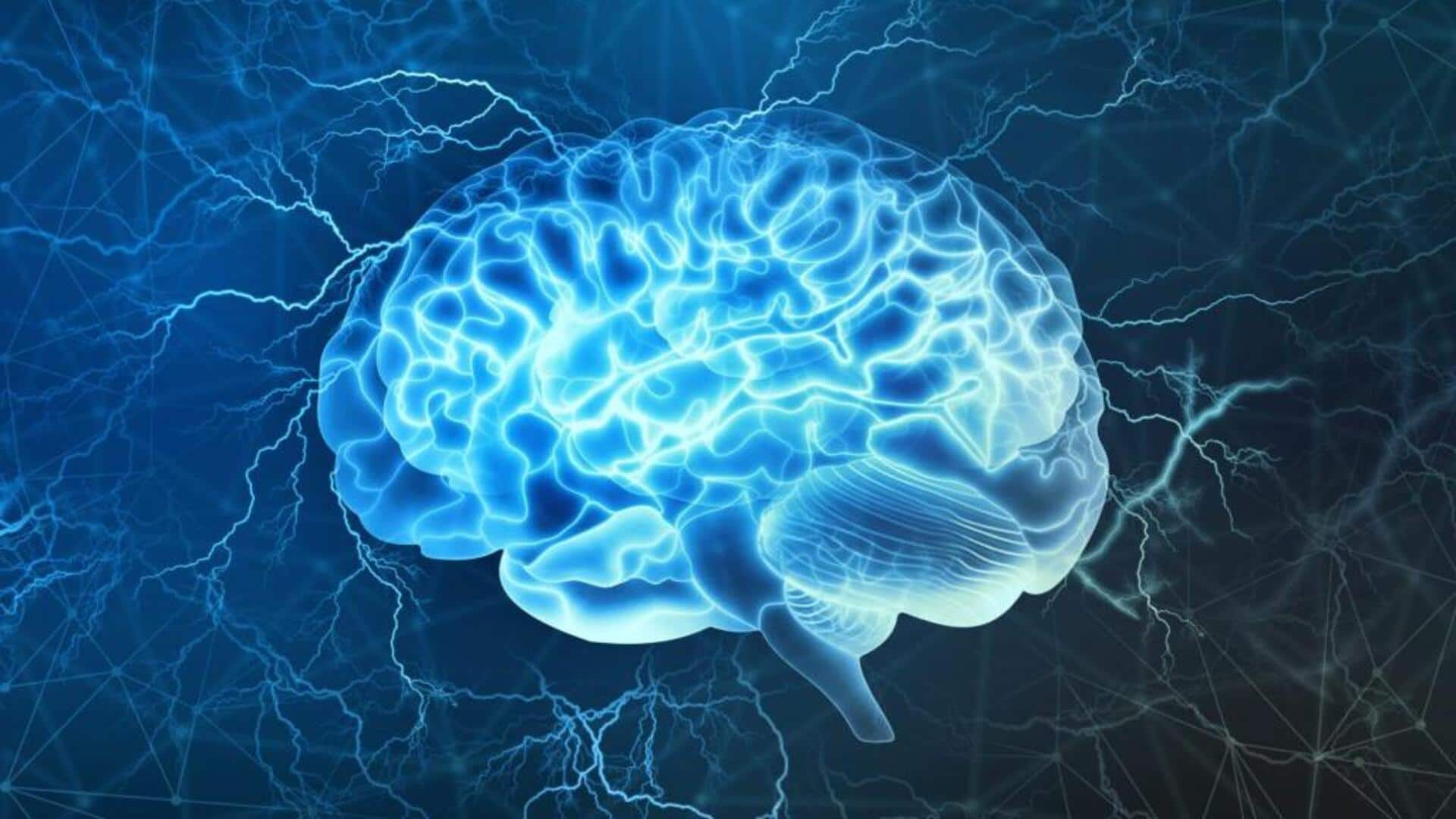
'Mileage clock' in brain could help diagnose Alzheimer's
What's the story
Scientists have identified a 'mileage clock' mechanism in the brains of rats, which suggests a similar system may exist in humans. This discovery, published in Current Biology, could potentially aid in diagnosing Alzheimer's disease. The research shows how certain cells in the brain's navigation and memory areas fire regularly to track distance traveled. The study was conducted by observing rats running in a small arena and recording their brain activity during navigation tasks.
Functionality
Rat brains track distance like a mileage clock
The study found that cells in the rat's brain fired in a pattern resembling a mileage clock, ticking with every few steps taken. When the shape of the arena was changed, this firing pattern became erratic, and rats struggled to estimate their distance. This is similar to how humans find it hard to navigate when visual landmarks disappear in foggy conditions.
Confirmation
Similar experiment with human volunteers
To confirm the existence of this mileage clock in humans, researchers conducted a similar experiment with human volunteers. The participants were asked to walk a set distance in a rectangular arena and return to the start. Just like rats, they could estimate the distance correctly when in a symmetrical box, but started making mistakes when the walls of their purpose-built arena were moved to change its shape.
Potential use
Potential for early Alzheimer's diagnosis
The findings could be used to develop diagnostic games for Alzheimer's disease. The specific brain cells recorded in this study are among the first areas affected by Alzheimer's. "People have already created [diagnostic] games that you can play on your phone, for example, to test navigation. We'd be really interested in trying something similar, but specifically looking at distance estimation," said Professor James Ainge from the University of St Andrews.